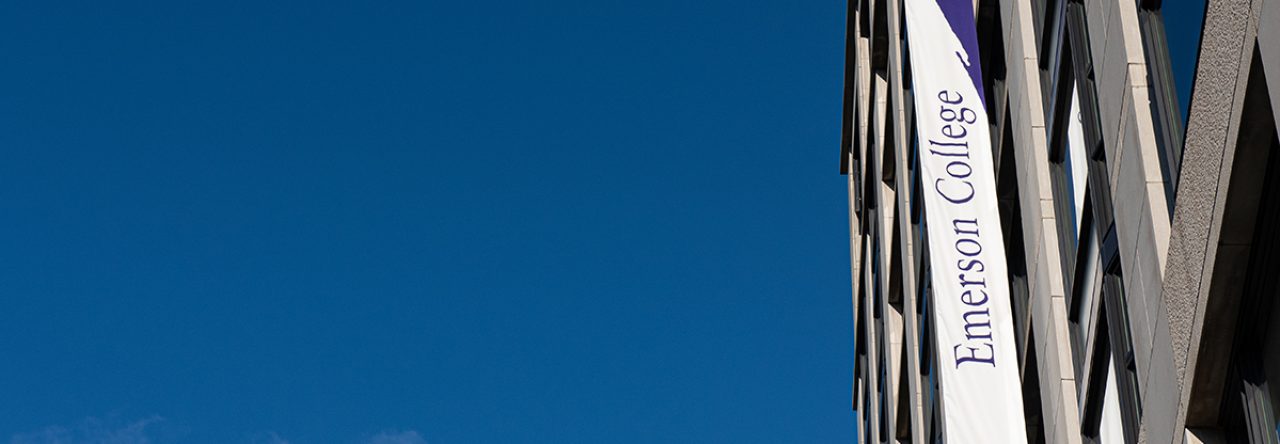FY23 Funding Guidelines Released for National Endowment for the Arts
Guidelines and application materials for Grants for Arts Projects funding are now available on the National Endowment for the Arts’ website at arts.gov/grants (The program was previously called “Art Works”). Applications for…
